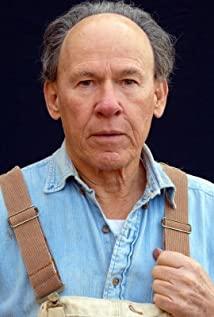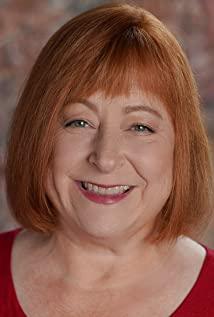Gerald is the son of a pastor in a small conservative town in Arkansas. Coming out to his parents at the age of 19, he was forced to enroll in a church-supported correctional program to "treat" homosexuality. Otherwise one must leave home and risk losing family, friends and faith. In the homosexual correction center, there are 12 steps in total, and the treatment time is not limited until it is cured. Here Gerald witnesses all kinds of cruel torture in the name of God. In the end, with the help of his mother and "patients", he escaped from the correctional center. The dissertation he wrote for his college graduation was to expose the various inhumane practices of the correctional center, and many people requested that it be compiled into a book and published.
Adapted from a true story, the film uses episodes and flashbacks to tell the story in a way that Gerald's self-identification process, his relationship with his family, and the treatment at the correction center go hand in hand. As the actor who plays the mother, Nicole's performance is particularly well-balanced, expressed through some subtle expressions and body movements. At the beginning, the mother wanted to support her son and at the same time, because of the father's choice, she did not object to sending her son to a correctional institution. Later, maternal love finally overcame the prejudice of the world, bravely stood on the side of the son, and took the son out of the correctional center.
There are also several characters in the correction center that are also impressive. One of them is the "patient" played by Poke Ye, who is very clever. The repentance and therapeutic effect he showed in the correctional center were all acting in a play, for the staff in the correctional center to see, in order to make them think that their treatment was effective and leave this hellish place as soon as possible. He also whispered to Gerald that if you want to leave early, you have to know how to act like me. There is also genuine repentance in "The Patient", deceiving himself, suppressing his true thoughts into his subconscious, and persuading Gerald to sincerely repent. There is also an introverted and weak personality. When repenting, the voice is soft and intermittent. In the name of God, the correction center asks everyone to use the Bible to beat the devil, but at a critical moment, he helps Gerald escape from the "patient" of the correction center.
I also have to talk about the role of the director of the corrections institute. He hates homosexuality extremely. In fact, he is a deep cabinet who dare not admit himself, and he is a coward with a radical appearance. The high probability of extreme homophobia is a deep cabinet, and this sentence is indeed true.
On the whole, the completion of the film is good, and the performance of the male protagonist is also remarkable. In my opinion, the shortcoming is that there are too few stories related to the treatment of correction, and the description is not deep enough. It would be better if this aspect can be dig deeper.
As of the film's release, there are still more than 30 states in the United States - homosexual correction programs are legal, and in some conservative cities, it is not so easy to come out. People who hold the view that homosexuality is a disease still occupy a considerable proportion in the world. I hope this film can make more people around the world change their views on homosexuality a little. When I think of this, I think of our country, the parents of many comrades in rural areas, who are not highly educated, many are illiterate, not to mention successful coming out of the closet, it is usually difficult to communicate with common sense. For such parents, there is currently no better solution than concealment.
However, with the progress of society, I believe that more people can view the homosexual group objectively and fairly.
View more about Boy Erased reviews











